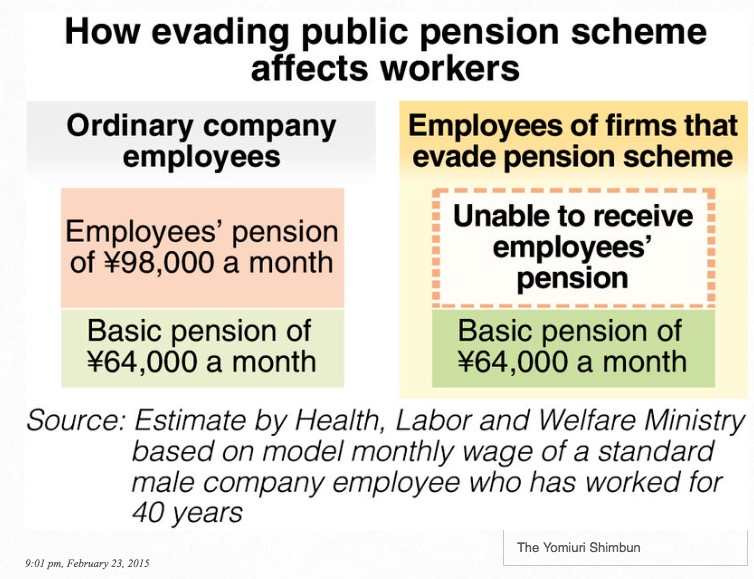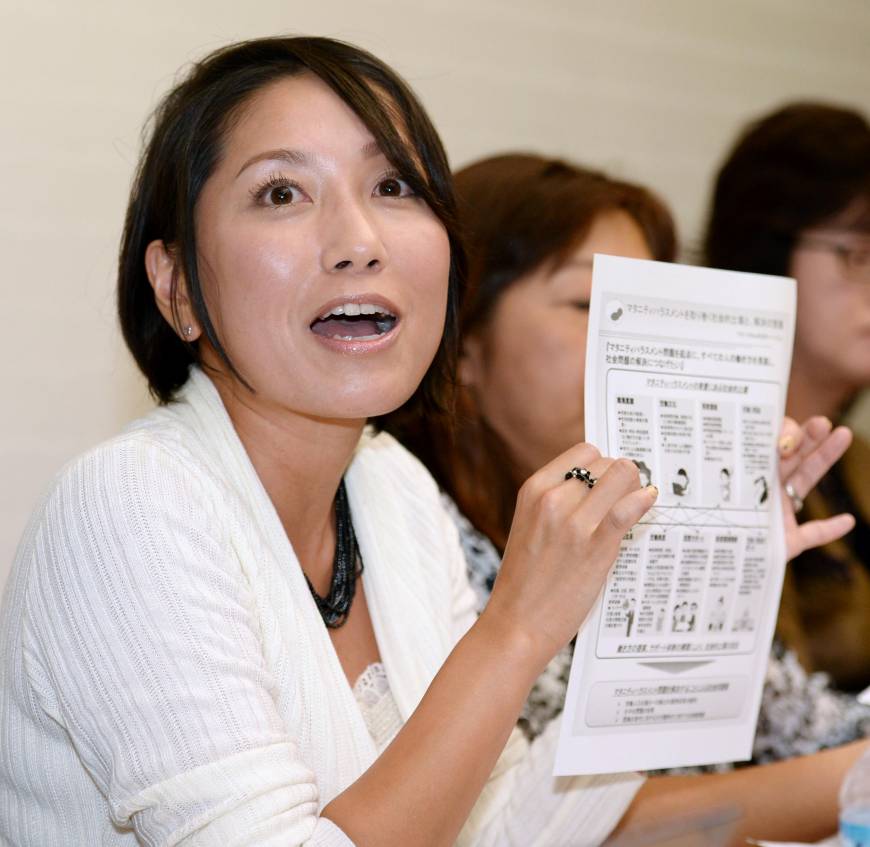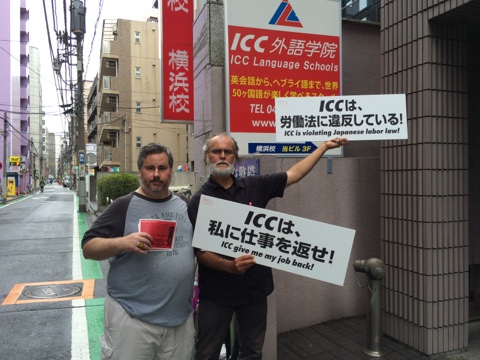Saturday, Aug. 25, 2012
Jiji
http://www.japantimes.co.jp/text/nb20120825a1.html
More than 40 percent of part-time workers aged between 20 and 34 want full employment, according to the results of a government survey conducted in 2011.
The proportion of respondents looking for full-time work increased from some 30 percent in the previous survey, conducted in 2006, the Health, Welfare and Labor Ministry said Thursday.
The ratio stood at 57.3 percent for the 20-24 age bracket, up from 44.7 percent in the previous survey, followed by 41.8 percent for people 25 to 29, up from 30.6 percent, and 42.7 percent for the 30-34 bracket, up from 23.4 percent.
But overall, only 22.0 percent wanted to be full-time employees, because older workers enjoy the flexibility of part-time work, the ministry said.
The proportion of male part-timers longing for full-time positions came to 29.4 percent, far exceeding the 18.8 percent for female workers.
Asked why they wanted to become regular employees, 76.9 percent of all respondents said they want to earn more, while 66.3 percent said they want job security and 27.6 percent said they want more experience.
Multiple answers were allowed.
The ministry said many part-time workers in their 20s and 30s aspire to become regular employees, possibly because many of them were not able to get full-time work in the fallout from the bursting of the bubble economy in the early 1990s and the Lehman Brothers collapse in 2008.
The survey is conducted roughly every five years. The most recent poll covered 14,835 part-timers across the country excluding the three disaster-hit prefectures of Iwate, Miyagi and Fukushima.
The valid response rate was 69.0 percent.
Welfare pays better
The minimum hourly wage is expected to remain lower than per-hour welfare benefits in six prefectures even after planned increases later this year.
The six prefectures are Hokkaido, Miyagi, Tokyo, Kanagawa, Osaka and Hiroshima. Wage panels in 11 prefectures, including these six, where minimum hourly wage is currently less than welfare benefits have proposed wage hikes ranging from ¥7 to ¥14.
In the five other prefectures — Aomori, Saitama, Chiba, Kyoto and Hyogo — the minimum wage will be raised to the same level as welfare or higher.
During discussions by the prefectural panels, employers expressed concern about increased personnel costs.
The revised minimum wage will be applied in October or later after being OK’d by the heads of local bureaus of the Health, Labor and Welfare Ministry. The new base will be ¥719 in Hokkaido, ¥685 in Miyagi and ¥850 in Tokyo.





